Nuclear Medicine, the Future of Health Innovation
The history of nuclear medicine in South Africa reflects the strong link between government investments in science and technology and advances in healthcare. As a result of these investments, new nuclear medicine procedures have been developed that can detect diseases very early, fight diseases, and monitor their progression, giving them an edge over other imaging technologies.
Recent advances in the life sciences (e.g. molecular biology, genetics, and proteomics) have stimulated the development of better strategies for detecting and treating diseases based on an individual’s unique profile, an approach called “personalised medicine”.
Aided by research, this provides a better understanding of normal and pathological processes, greater knowledge of the mechanisms by which individual diseases arise, superior identification of disease subtypes and better prediction of an individual patient’s responses to treatment.
However, while the accuracy of detection, localisation, and characterisation of diseases is continually improving, the process of advancing patient care is complex and slow.
Expanded use of nuclear medicine techniques has the potential to accelerate, simplify, and increase the cost-effectiveness of developing and delivering improved healthcare and could facilitate the implementation of personalised medicine.
Current clinical applications of nuclear medicine include the ability to detect diseases such as cancer, neurological disorders (e.g. Alzheimer’s and Parkinson’s diseases), and cardiovascular disease in their initial stages.
Investment in nuclear medicine will substantially accelerate, innovate, and enhance the quality of delivering and improving healthcare in South Africa.
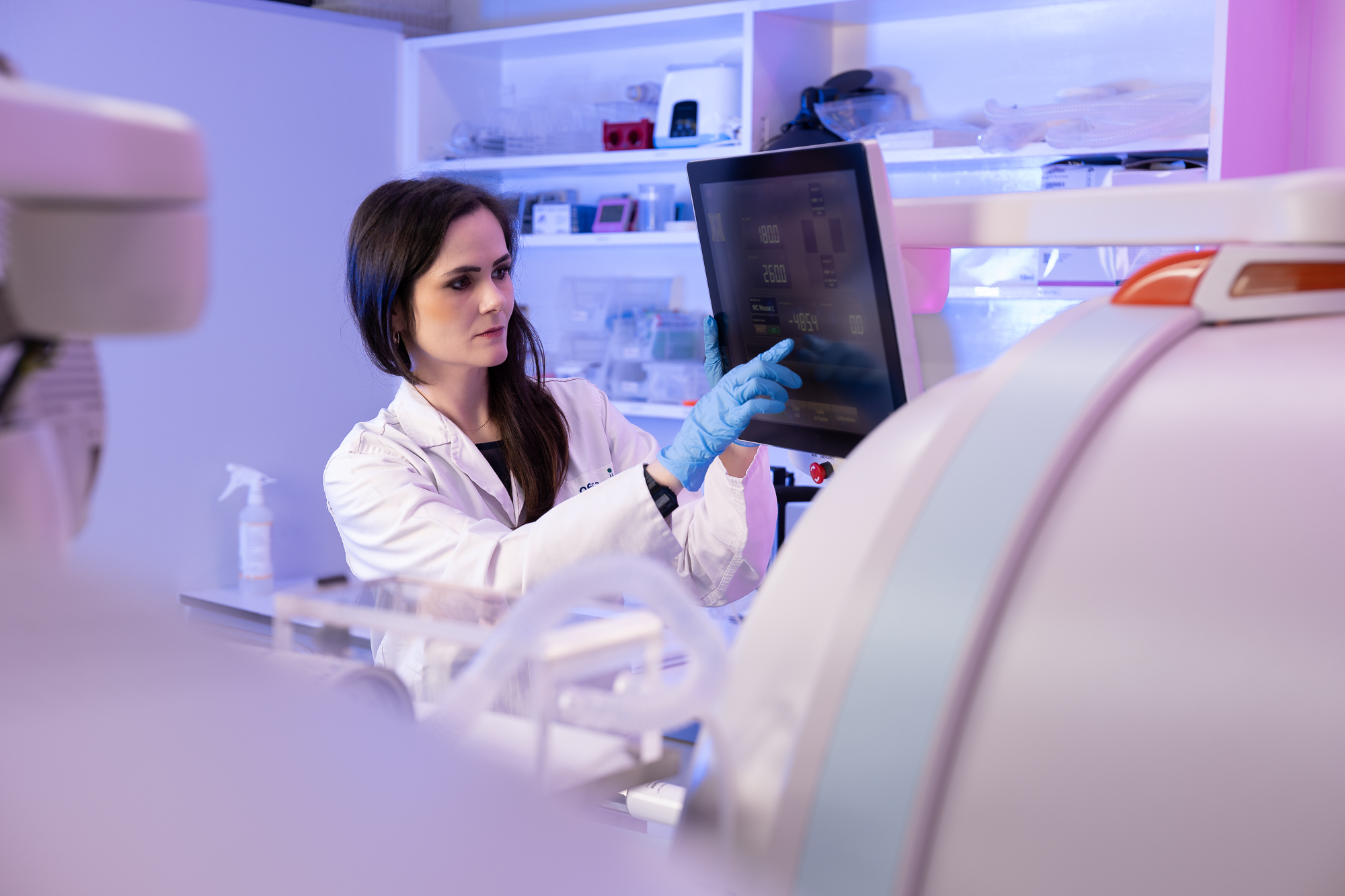
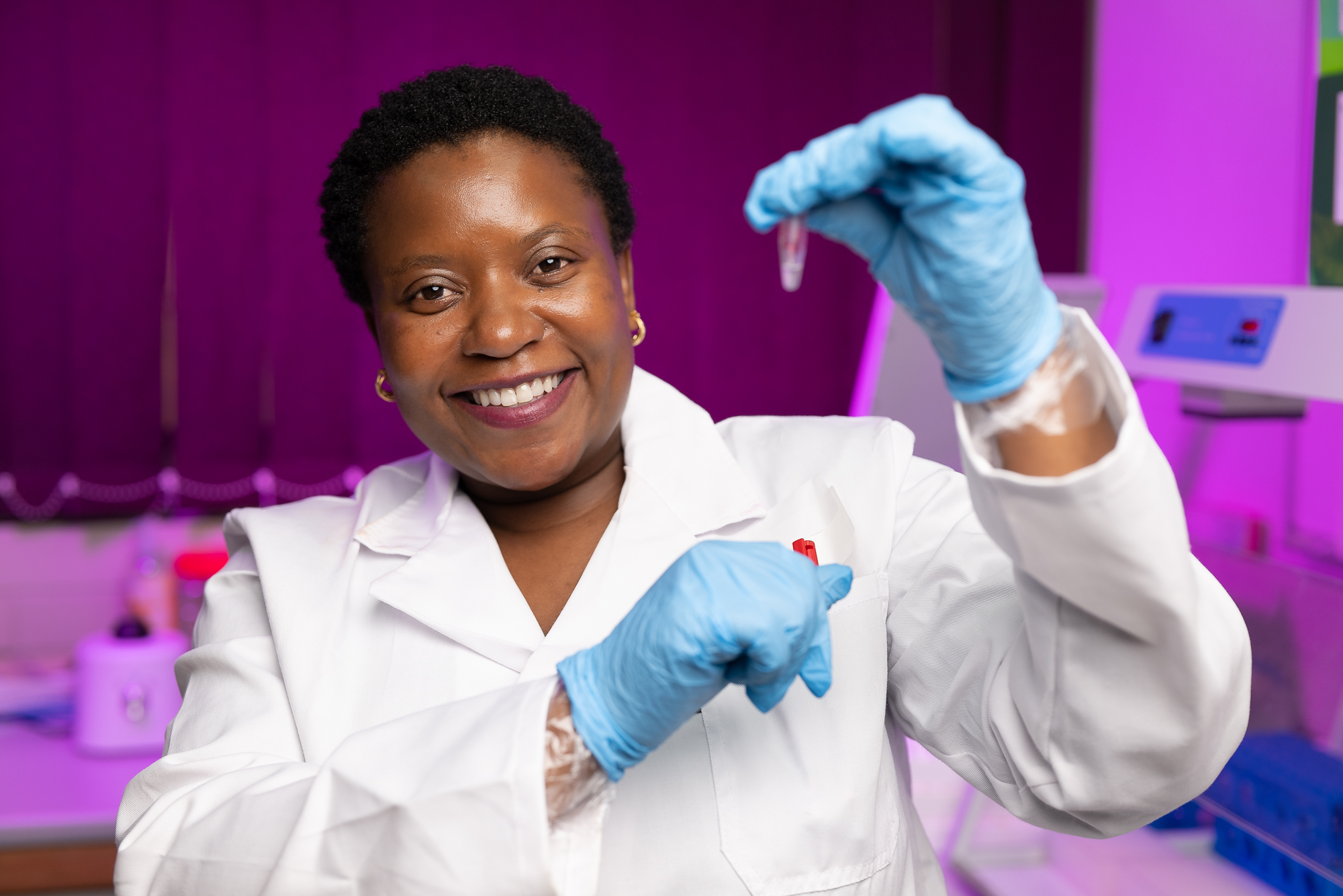
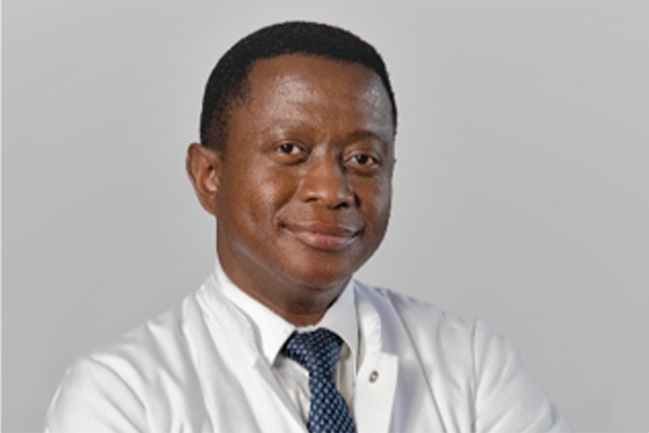
Professor Mike Sathekge, Leading the Way in Nuclear Medicine
Mike Sathekge is a Professor and Head of the Nuclear Medicine department at the University of Pretoria and Steve Biko Academic Hospital. He also heads the South African Nuclear Medicine Research Infrastructure (NuMeRI). He shares with us some information on who NuMeRI is, what they do, and why it is so important.
“NuMeRI is an imaging and therapeutic facility that diagnoses and treats diseases early. Our innovative imaging equipment enables us to diagnose and treatment. This informs drug development and clinical research that improves access to quality healthcare in South Africa,” says Professor Mike Sathekge.
“It allows early and accurate diagnosis and, therefore, treatment for diseases such as cancer, heart diseases, and infections such as tuberculosis (TB). The overall aim is to improve the survival rate and quality of life.
The services we offer include basic and translational research, radiopharmacy, preclinical imaging, medical physics and radiobiology, node of infection imaging, and clinical research services. We will be adding more nodes, covering additional niche areas in several universities in the future.
We work primarily with public and private hospitals and universities, as well as pharmaceutical and medical equipment companies, and medical practitioners locally and internationally. We are an important part of South Africa’s bioeconomy strategy.
As a non-profit organisation that is a flagship initiative of the Department of Science and Innovation (DSI), our purpose is to translate health innovation research into solutions that positively impact healthcare,” says Professor Mike Sathekge.
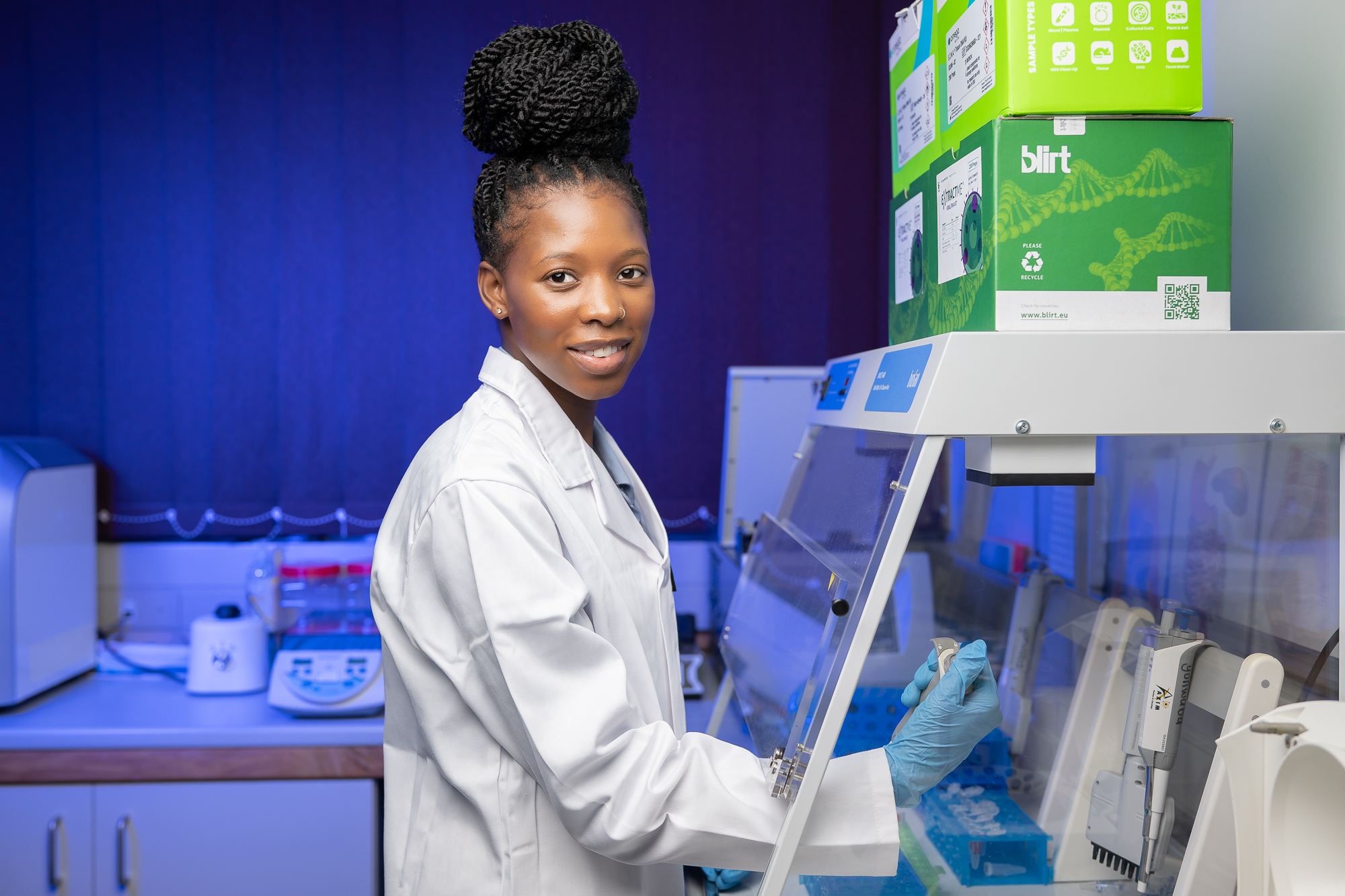
NuMeRi Supporting Healthcare Research and Development
Once fully established, NuMeRi will provide support for South African healthcare research and development, as well as commercially-driven healthcare companies. This will strengthen the nuclear medicine capacity in South Africa and Africa.
Supporting Local Drug Development
NuMeRi aims to expedite the development of drugs to address national priority diseases, enabling new pharmaceuticals to reach the market sooner – reducing the process timelines from 12 years to 3 - 5 years. This will give South African pharmaceutical development a competitive edge over global equivalents. The accelerated timelines offer cost advantages while improving the quality of life of South Africans.
Positioning South Africa as a Competitive, Global Leader
The facility will elevate South Africa’s pharmaceutical industry within the global setting, and simultaneously boost the nuclear medicine community by nurturing and growing local competence and expertise, creating a platform for skilled job creation. The facility will be instrumental in enhancing South Africa’s competitiveness in global markets through innovative ideas and, potentially, encourage the establishment of new privately-owned facilities of the same nature and attract foreign investment.
Developing Local Expertise
The expertise developed will give budding young scientists access to quality, world-class training. NuMeRI will participate in bilateral programs and collaborate with researchers globally to build South Africa’s research capacity – contributing to South Africa’s target of being “one of the top three emerging economies in the global pharmaceutical industry, based on expansive innovation system”.
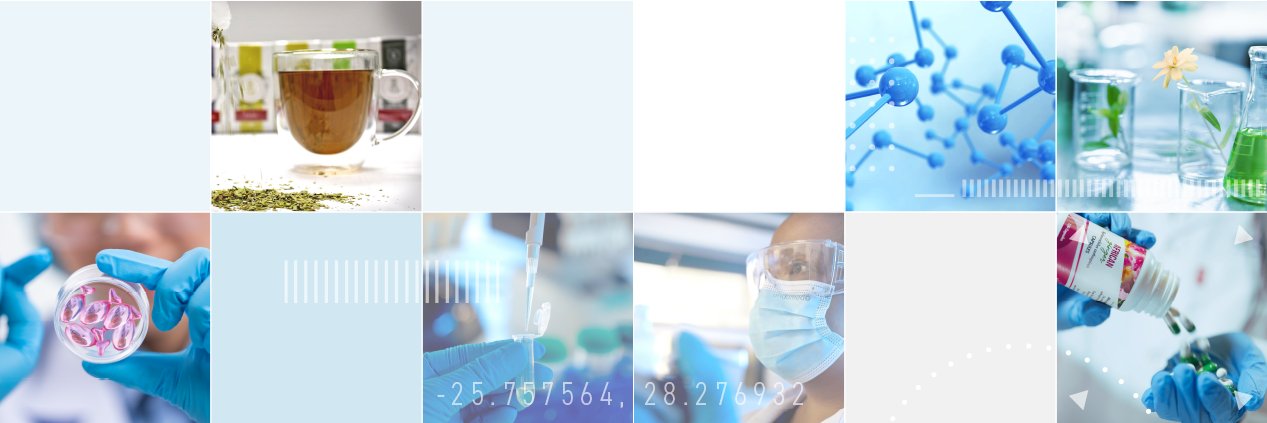
Access Local Nuclear Medicine Innovation and Improve Healthcare
NuMeRi is part of an initiative launched by the Department of Science and Innovation (DSI) to promote local health innovations in research and development. This initiative will have a positive impact on the local health industry while aligning with the bioeconomy strategy.
To learn more about NuMeRi, please visit innovation.bridge.info, where you can meet Professor Mike Sathekge and engage in discussions to access additional information.
Department of Science and Innovation
Making sure it’s possible.

